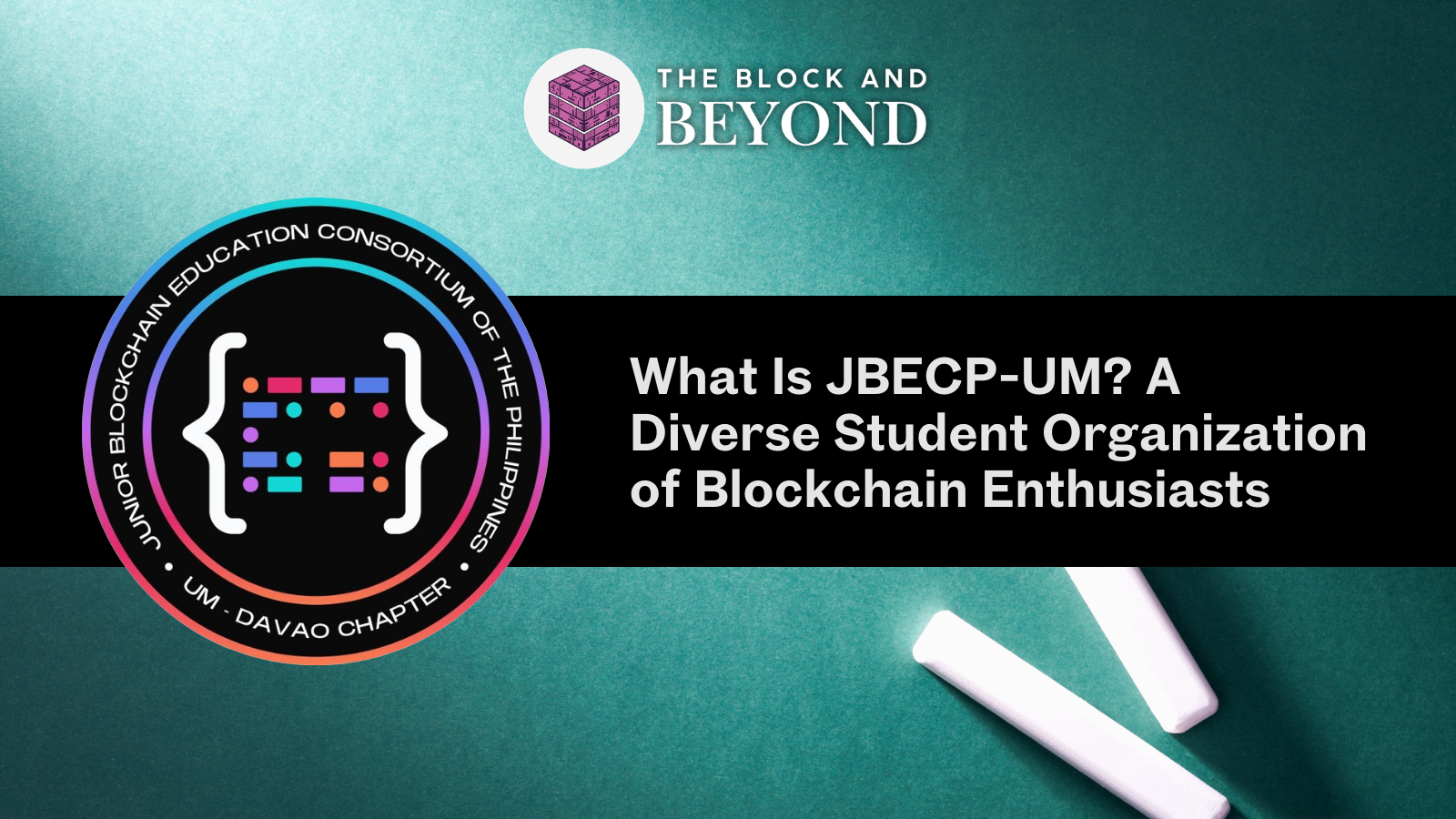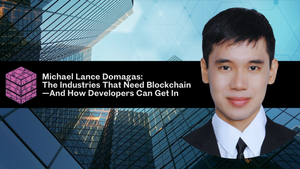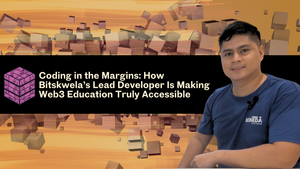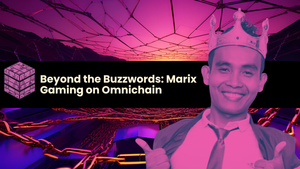The student-led Web3 initiative that’s putting blockchain education on the map in Mindanao.
You don’t need a computer science degree to shape the future of blockchain. Just ask the students in Davao City, where a grassroots Web3 education initiative is proving that curiosity, community, and courage can go a long way.
Rather than emerging from a major tech hub, this effort took shape in university classrooms. Across Mindanao, students are leading a quiet push to make blockchain education more approachable, interdisciplinary, and reflective of real-world use cases.
At the center of this grassroots push is the Junior Blockchain Education Consortium of the Philippines - University of Mindanao, better known as JBECP-UM. It’s more than a student club. It’s a movement that challenges the idea that blockchain is only for coders and IT experts, and it's growing fast.
What is JBECP-UM?
JBECP-UM stands for Junior Blockchain Education Consortium of the Philippines – University of Mindanao. It is the first Mindanao-based chapter of the national JBECP initiative, focused on promoting blockchain education among students regardless of academic discipline.
What makes JBECP-UM unique is its cross-course membership and mission. It welcomes not only computer science students but also those from engineering, accountancy, criminology, business, and more. The goal is simple: empower students with knowledge about blockchain and Web3 through real experiences, practical learning, and an inclusive environment.
Founded by a small team of student leaders who first connected at local bootcamps and community events, JBECP-UM began with skepticism. But when their first events drew large turnouts from unexpected departments, they knew they were onto something bigger.
How Does JBECP-UM Operate?
The core of JBECP-UM's model lies in its "3Es" framework: Education, Events, and Experience.
- Education: JBECP-UM hosts seminars and crypto workshops designed to teach blockchain concepts to students from all backgrounds. Whether you're a coder or not, the sessions are made to be accessible, beginner-friendly, and free from tech jargon overload.
- Events: Beyond theory, the organization coordinates in-person meetups, panel discussions, and campus-wide activations that create a collaborative learning environment. These events often bring in Web3 builders, project leads, and community mentors to give students a real-world look at the ecosystem.
- Experience: Members are encouraged to get involved beyond the classroom. Many take on internships, community roles, ambassadorships, or volunteer work in blockchain organizations, often before even graduating.
JBECP-UM also collaborates closely with other Web3 communities in Davao, acting as a bridge between industry and academia. Even before their university officially recognized them, they had already partnered with local projects and hosted their own educational events.
How Does JBECP-UM Benefit Davao City?
JBECP-UM is more than just an opportunity for students, it’s a catalyst for Davao’s emerging tech ecosystem. By nurturing blockchain talent early, the organization helps build a future-ready workforce that can contribute to local projects, startups, and digital innovation.
It also fosters stronger industry-academia ties. Through partnerships with local Web3 initiatives and nationwide blockchain communities, JBECP-UM has helped position Davao as a serious player in decentralized innovation. Schools and groups from other parts of Mindanao have even reached out to start their own JBECP branches. Interest is rapidly growing across Mindanao, signaling a regional shift in blockchain literacy.
Most importantly, JBECP-UM is creating a new kind of student leader—one who is curious, community-driven, and capable of bringing blockchain down from the ivory tower into real, relatable experiences. It’s a model built in Davao, but with a message that resonates far beyond it.











